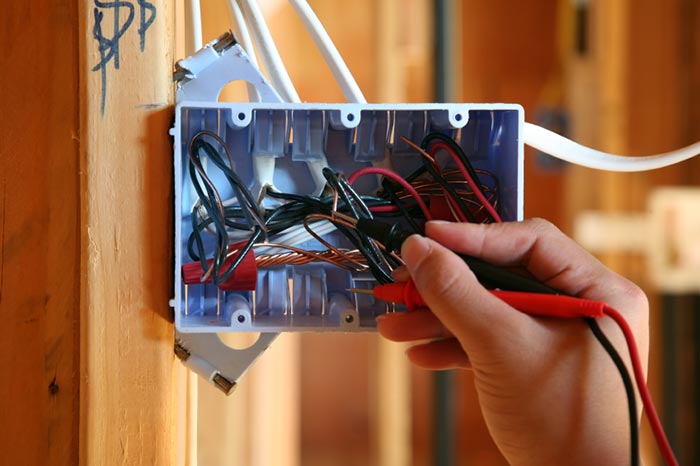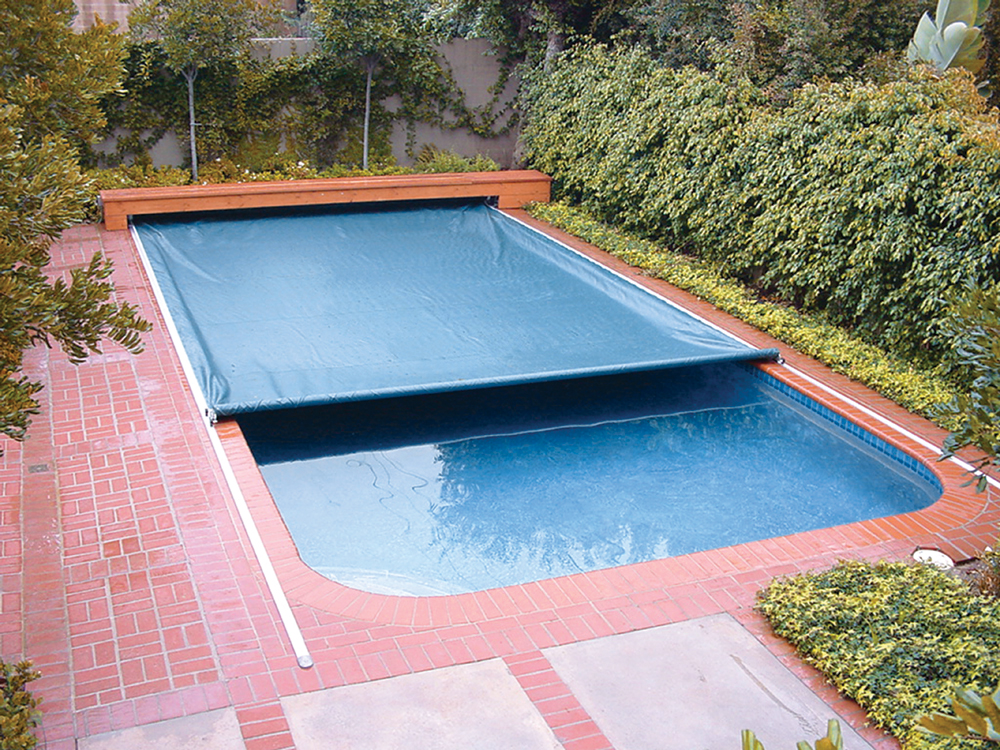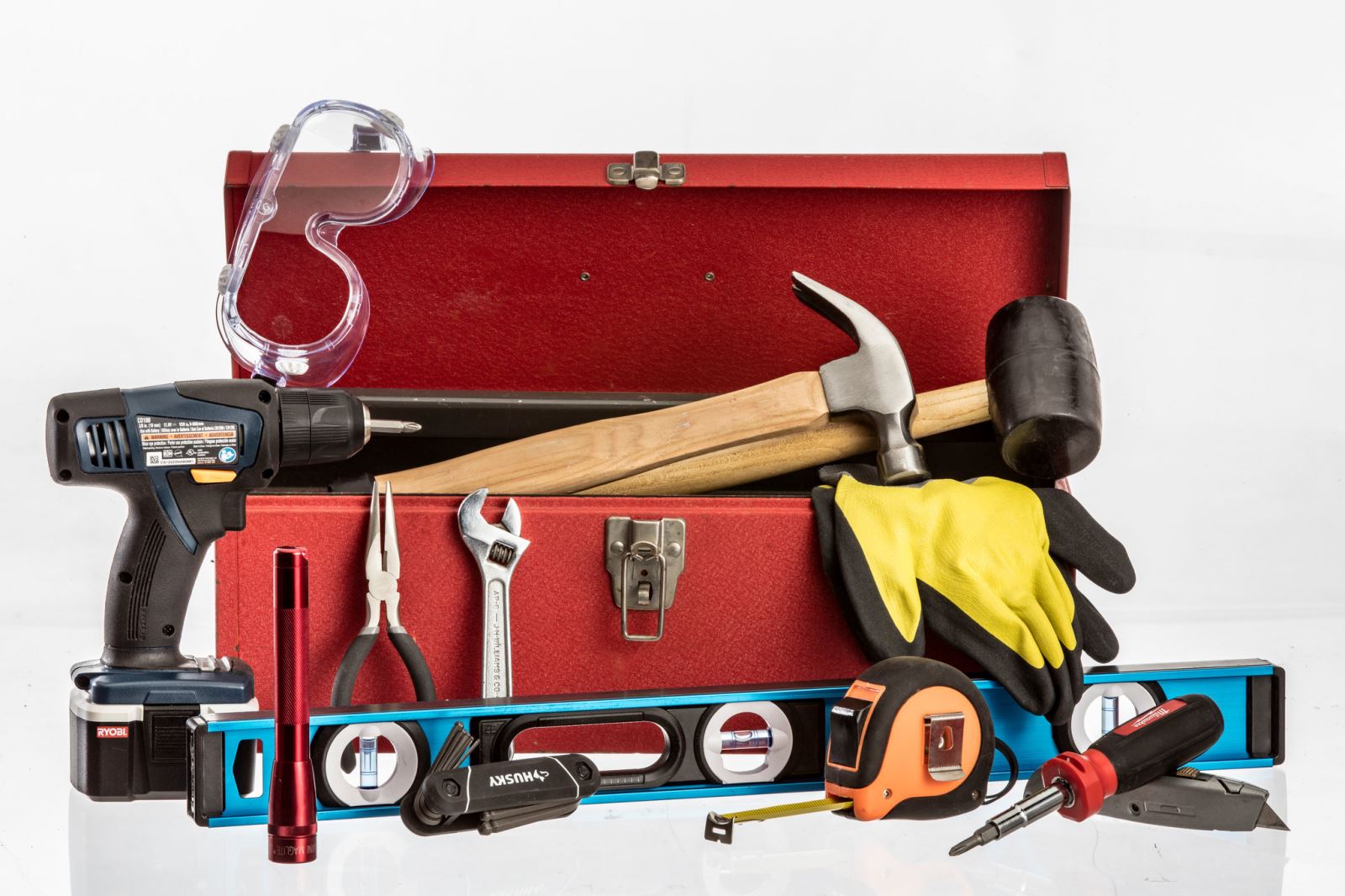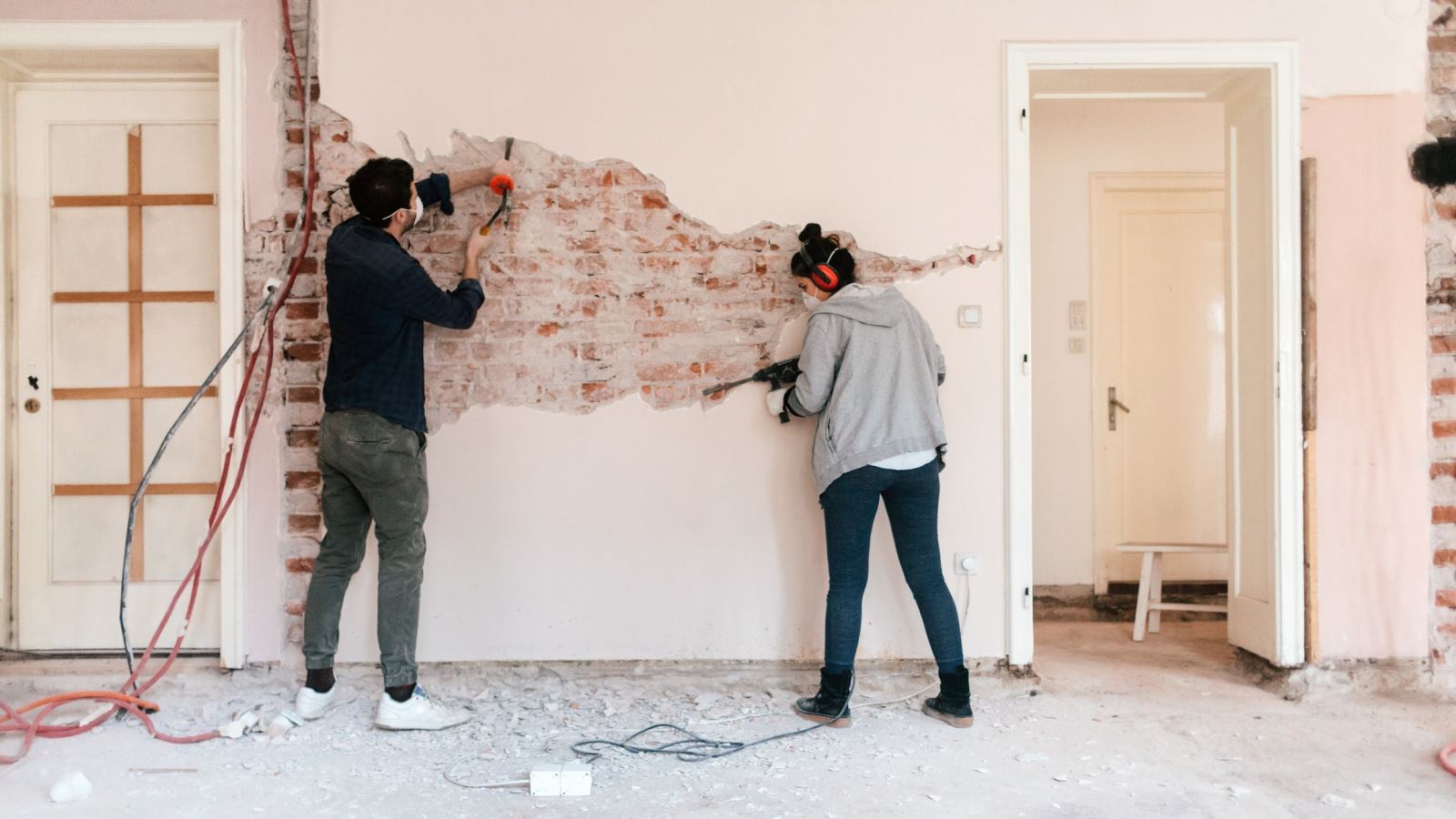Helping Your Air Conditioning Keep Its Cool
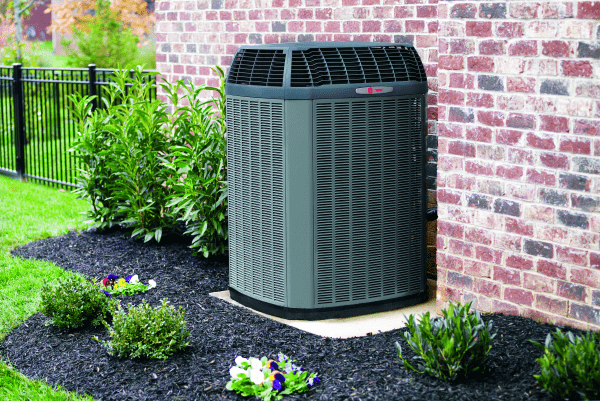
You may or may not have already used your air conditioning this year, but now is always a good time to do what you must to help keep it running smoothly, as well as saving money on your energy use. The hottest part of the year is coming, and you want your unit in the best shape so you can stay cool!
-
Before doing any maintenance on an outdoor unit, be sure to locate the power supply and turn it off or remove the supply pack.
- Use a gentle spray from your water hose to clear dirt and debris from the condenser fins to help airflow and improve performance.
- Check the drain tube on the unit and clear anything that could keep condensation from flowing freely and away from your house. Use a small piece of wire or very small bottle brush to clear out any gunk that has built up on the inside.
-
Sometimes homeowners will hide their unit with shrubbery or other plants. Air needs to flow unobstructed around the unit, so if anything is growing too close, it should be trimmed to a distance of two feet away.
-
Changing the intake filter monthly may not be necessary, but checking it is. If it is noticeably dirty, replace it. What if you do not have an extra on hand? Give it a quick clean with the brush attachment on your vacuum and get a new filter as soon as possible.
-
While it might sound sensible to close the doors and vents of unused rooms, it is not. Airflow is important inside, so keeping interior doors and vents slightly opened is better than closing them tight.
-
On that note, if your nest is getting empty, you could consider replacing the central unit with ductless air conditioning.
-
When your home has ceiling fans, use them! Make sure the fans are turning in a counter-clockwise direction so that it gives a wind chill effect, but turn them off when you’re not in the room to save energy.
-
Window air conditioners can use a sprucing up as well, and an hour or two spent cleaning it will keep the unit running smoothly.
When you need to replace your unit, do some research to decide what type of system will fit your needs and be sure the contractor you hire is installing the correct size unit for your home--even a unit that is too large can cause problems. Just remember that keeping it clean and helping air flow freely are the two most important things for an air conditioning system.
Courtesy of New Castle County DE Realtors Tucker Robbins and Carol Arnott Robbins.
Photo credit: keystone heating and cooling
